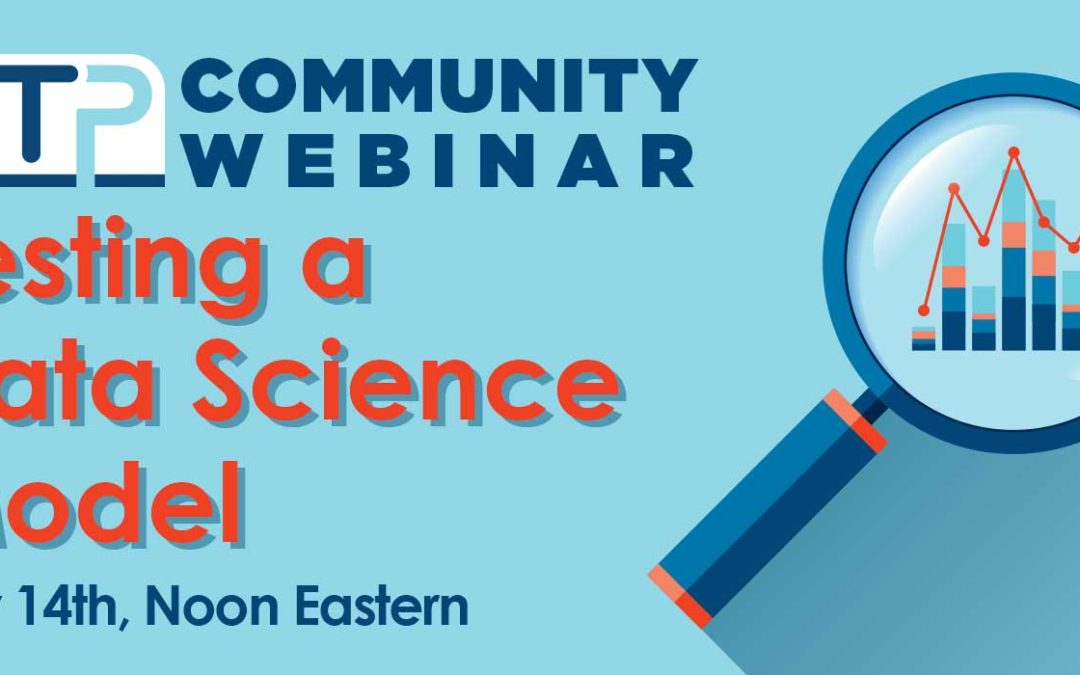
Testing a Data Science Model
Join Laveena as she goes through a journey of discovering data science model testing and finding the following takeaways useful, not just for testing a data science model, but for day-to-day testing too.

Join Laveena as she goes through a journey of discovering data science model testing and finding the following takeaways useful, not just for testing a data science model, but for day-to-day testing too.
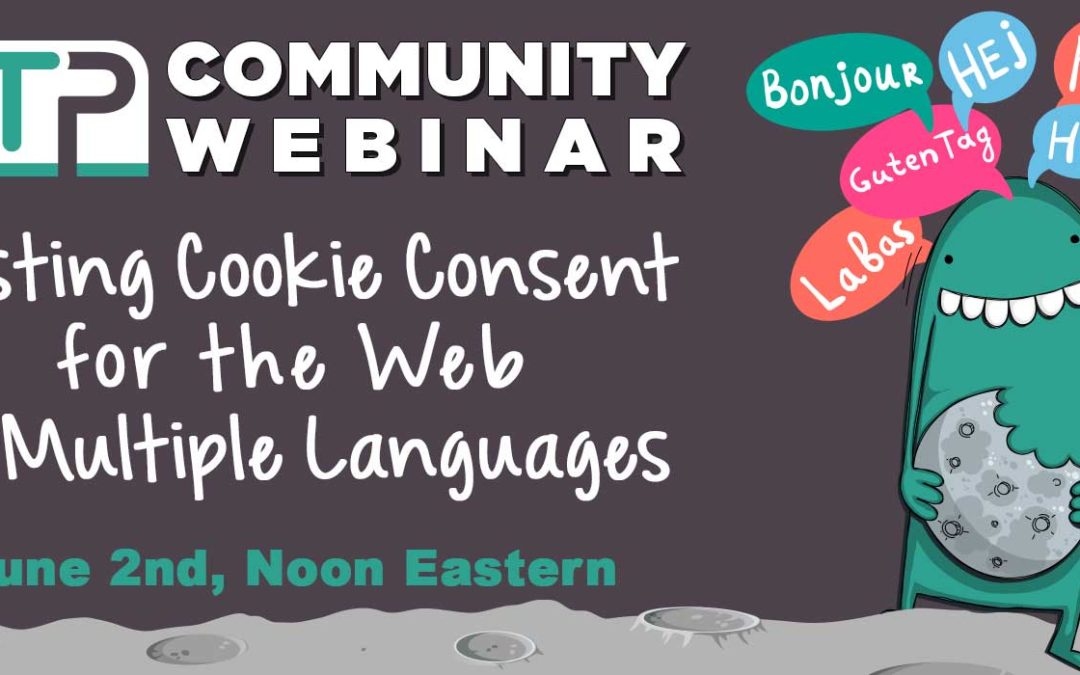
Cookie consent solutions are critical for online businesses to thrive and establish trust with their users. As software testing professionals, we have a unique ability to shape not only quality within our own roles, but as human beings fighting for the greater good in data privacy. The cookie consent banners and dialogs we often see on the web exist for two primary reasons: to mitigate risks like privacy fines and damaging headlines and to show the world there is a way to do privacy right.
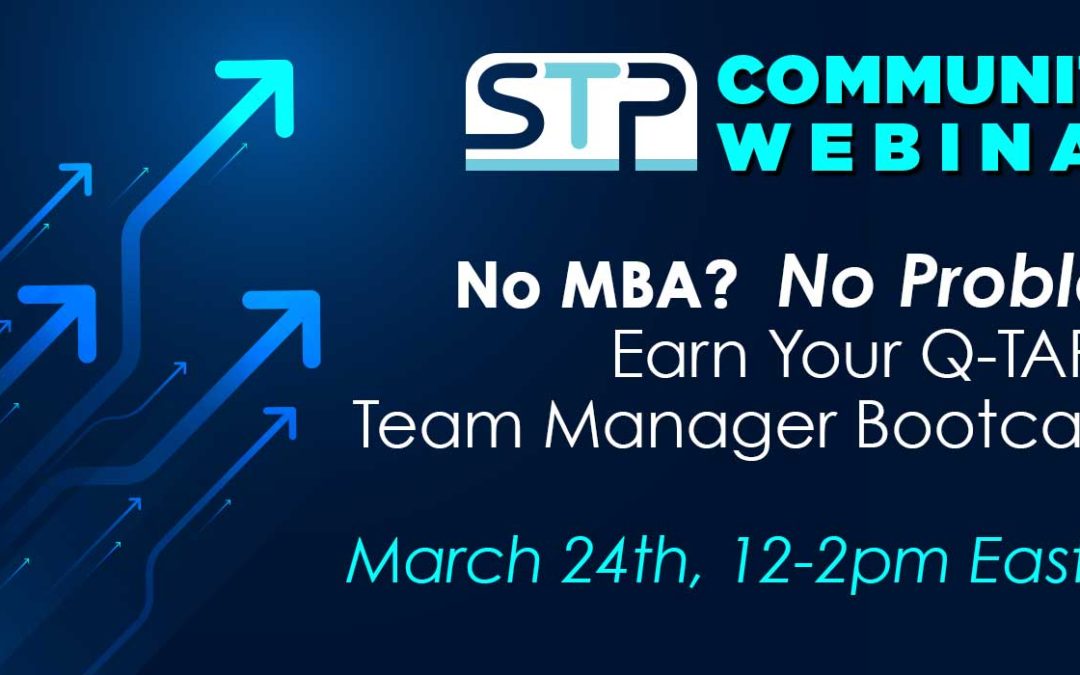
In this 2-hour webinar bootcamp we will explore ideas on how we develop management traits and skills. How do we separate people from products? Discuss ideas about what we do on a day-to-day basis to help our team members stay focused and happy. Discuss techniques on what to do when things are not going so well.
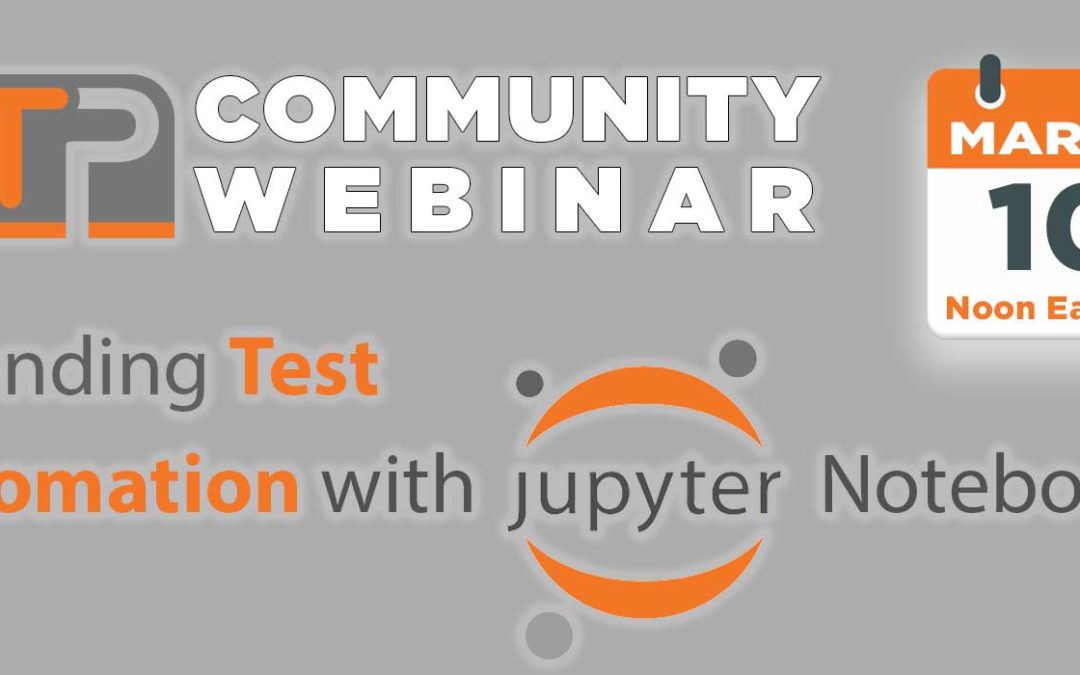
Jupyter Notebooks are a popular and powerful tool used in data science that allows you to create and share documents that blend descriptive content with executable code. This blending of code and content can also be a powerful tool for empowering testers through automation.
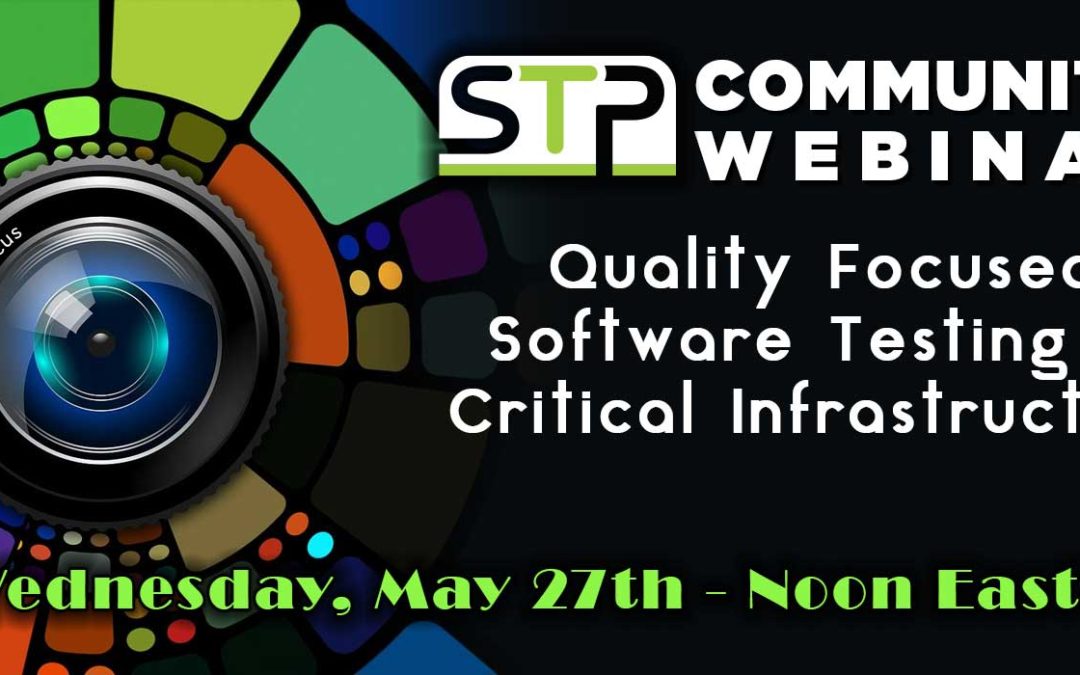
When testing software, it is not uncommon to hear that one hundred percent coverage is unachievable. What happens, then when we are asked to do such a thing. If the software that is being tested is used in critical infrastructure (power systems, water, medical, banking, etc.) then an escaped bug is not a trivial thing.
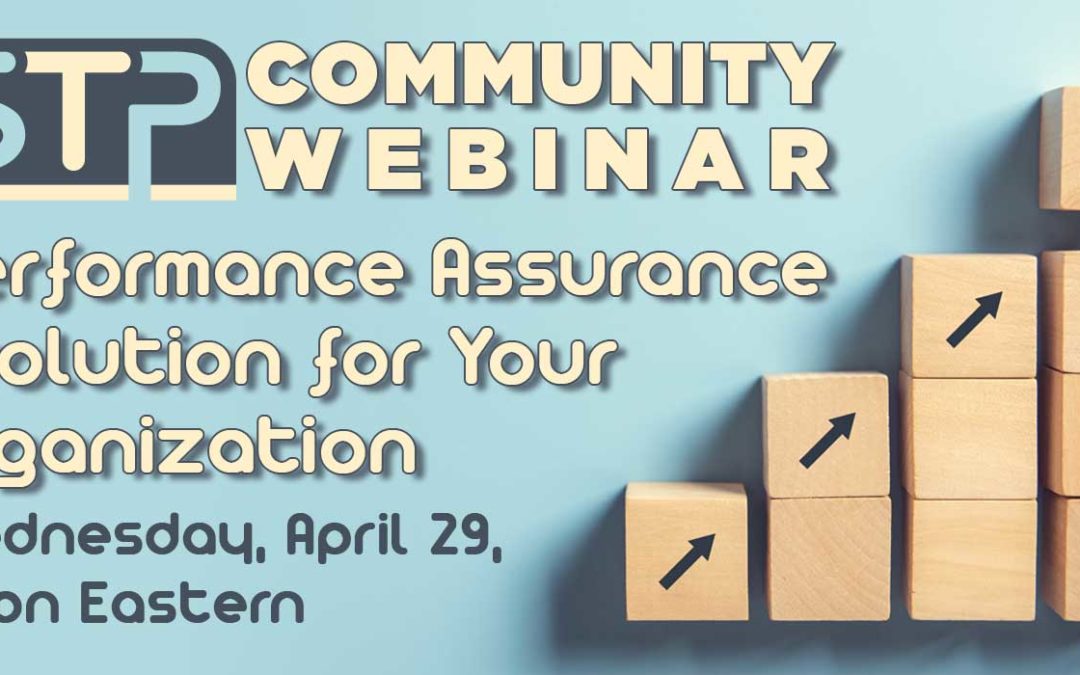
Since managing performance and assuring it is acceptable is not a trivial task neither just a matter of running load, the webinar will go through all of the possible routes an organization should become familiar to achieve great performance.

No need for antacids or a doctor, just come to this session to find out all the juices and spices necessary to make that delicious secret sauce of automated tests that allows CenterEdge Software to continuously deploy most of its web software, both micro-services and monoliths.

Acceptance Test Driven Development has become an industry buzz word, and that buzz has reached your automation doorstep. With all of the promises of conversational language test cases, increased communication, and productivity, this paradigm almost seems too good to be true.
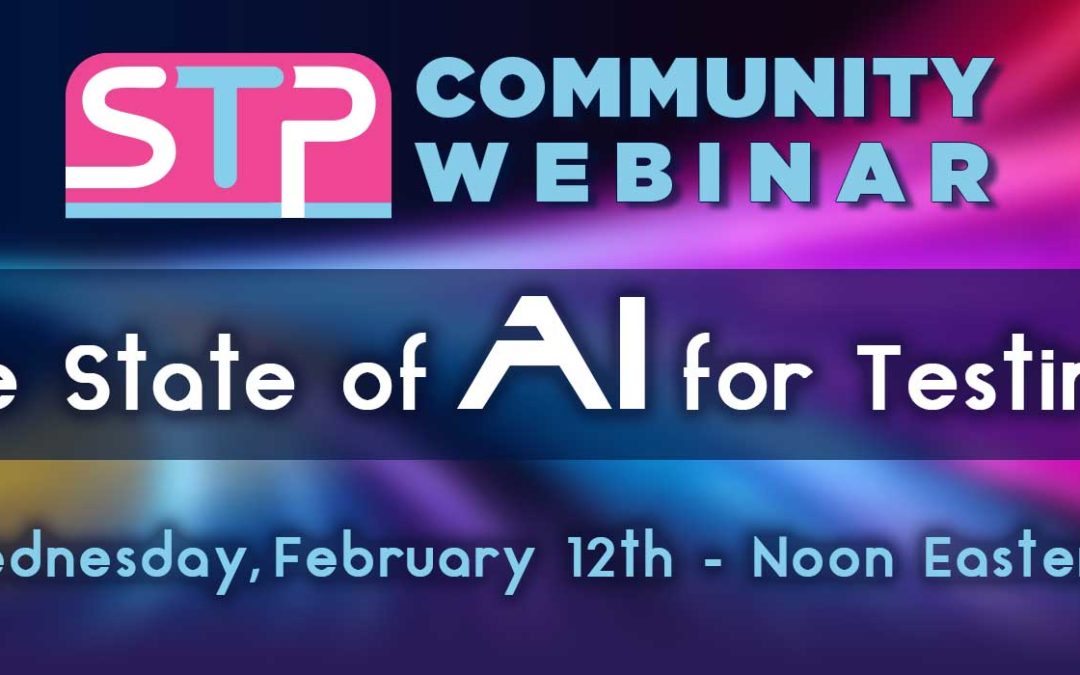
In this webinar, Jennifer Bonine will discuss the impact and scope of AI in testing. She will address some of the most burning questions out there on the subject around its impact to testers and give practical advice for when and how to add AI to your testing practices.
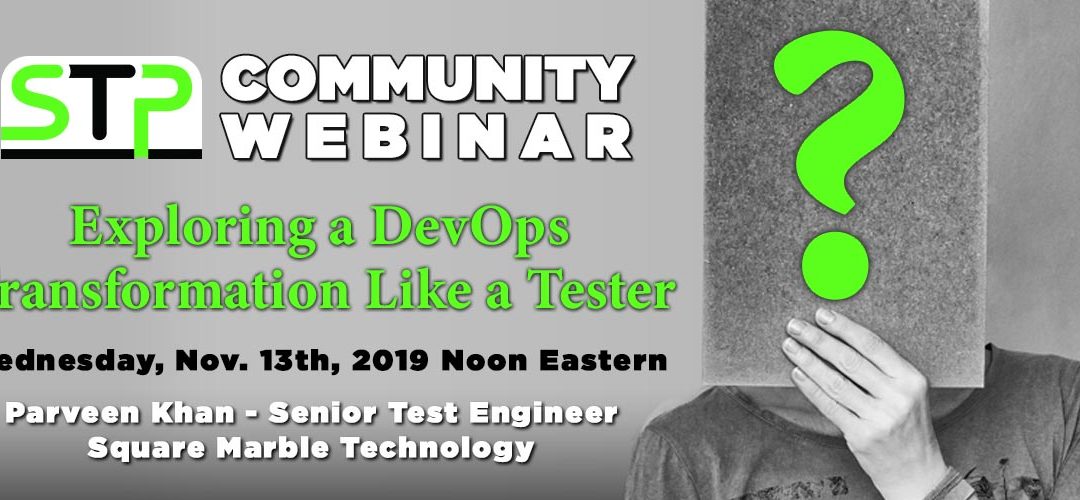
Just when we, as testers, got a handle on what Agile means for us, the landscape changed yet again to a DevOps culture. Words like continuous integration (CI), continuous deployment (CD), and pipelines are now ones we’re hearing on a daily basis. As a tester, I’ll admit, I had no clue of what these words meant, and how was I to change the way I tested to fit within this DevOps culture.
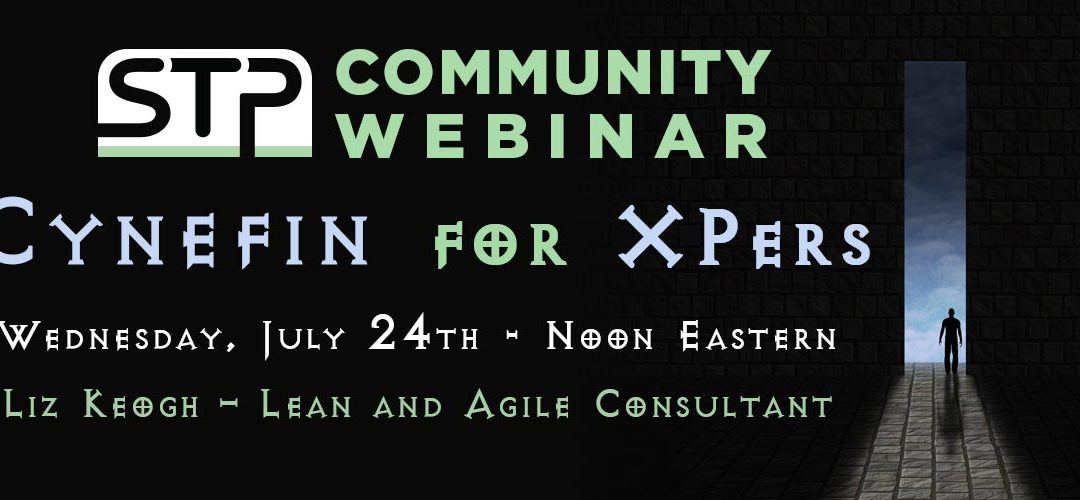
In this talk, Liz introduces the Cynefin framework to help make sense of different types of situations and how to approach them: the obvious ones, the complicated ones which require expertise, the complex ones in which outcomes emerge, and the chaotic ones that we’re usually trying to avoid. Find out how these simple concepts can help us counter our innate human desire for predictability, enabling change and innovation; not just in software development, but in every aspect of our lives.
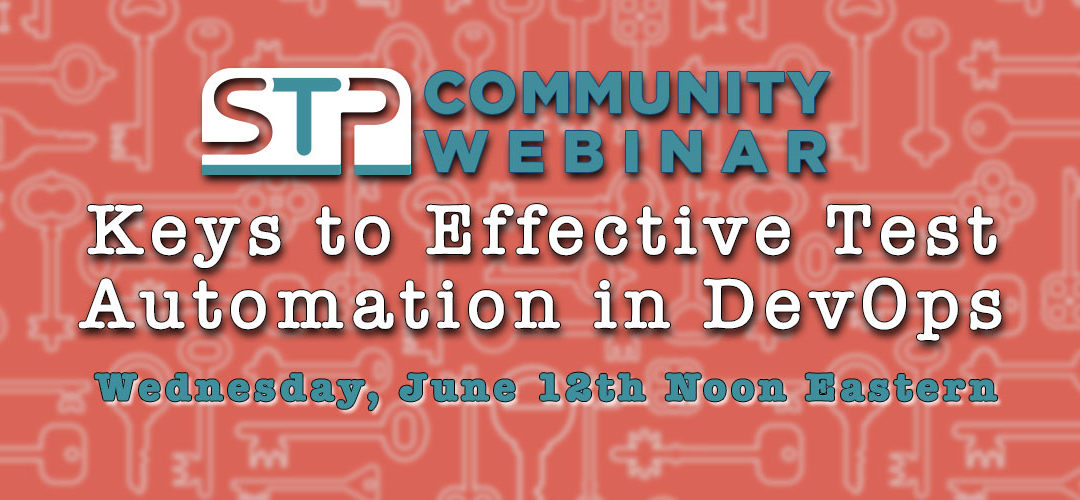
The ultimate goal of a DevOps approach is to deliver high-quality features to your customers at the pace they need. High performing DevOps shops point to continuous testing and test automation as key contributors to their success.